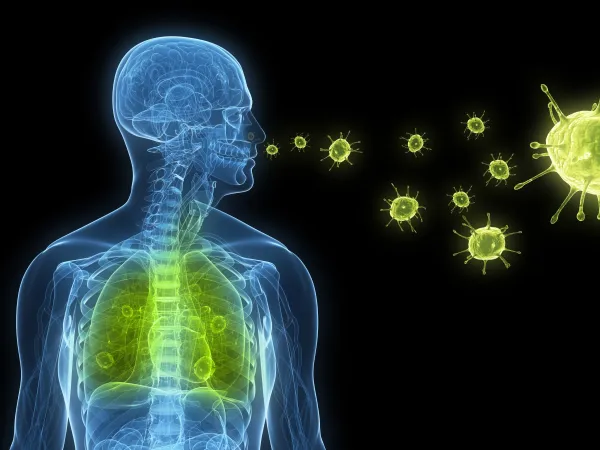Pathology/Lab Coding Alert
CCI 24.0:
Get On Board With Massive Edits For Your Lab
Published on Fri Mar 09, 2018

You’ve reached your limit of free articles. Already a subscriber? Log in.
Not a subscriber? Subscribe today to continue reading this article. Plus, you’ll get:
- Simple explanations of current healthcare regulations and payer programs
- Real-world reporting scenarios solved by our expert coders
- Industry news, such as MAC and RAC activities, the OIG Work Plan, and CERT reports
- Instant access to every article ever published in Revenue Cycle Insider
- 6 annual AAPC-approved CEUs
- The latest updates for CPT®, ICD-10-CM, HCPCS Level II, NCCI edits, modifiers, compliance, technology, practice management, and more
Related Articles
Other Articles in this issue of
Pathology/Lab Coding Alert
- CCI 24.0:
Get On Board With Massive Edits For Your Lab
Keep claims-filing rules straight for bundled codes. CPT® 2018 brought you lots of new lab [...] - CCI Basics:
Master Bundling Edits With Resources and Documentation
Zero in on your payer's expectations. You already know that Medicare's Correct Coding Initiative (CCI) [...] - Outpatient Billing:
Take Advantage of 14-Day Rule Change
Bill directly for molecular tests. If you bill for molecular or certain other tests, Jan. [...] - You Be the Coder:
Grasp Details for Accurate Uterine Fibroid Coding
Question: Our pathologist received two very large fibroid specimens in a single container and diagnosed [...] - Reader Question:
Capture Each Step for Urine Culture
Question: Our lab ran a urine culture for a nursing home patient with an indwelling [...] - Reader Question:
Get Used to ICD-10
Question: I often find myself coding ICD-9 in my head and then using a tool [...] - Reader Question:
'When' and 'Where' Can Sidetrack Appeals
Question: We're having trouble with our appeals and redetermination requests, which seem to disappear into [...] - Reader Question:
Follow Payer Expectation for Multiple Test Modifier
Question: A clinician submitted four blood-gas samples taken throughout the day for a single patient [...]
View All




